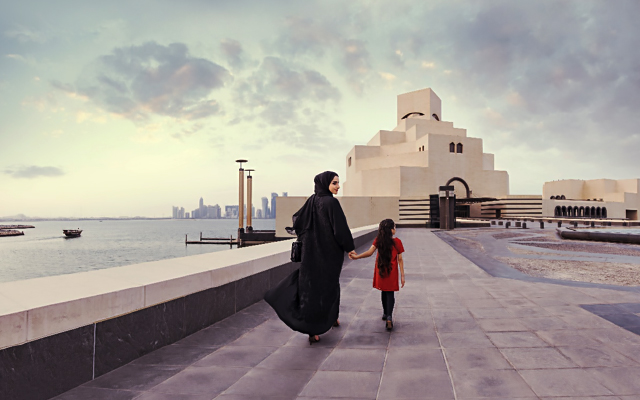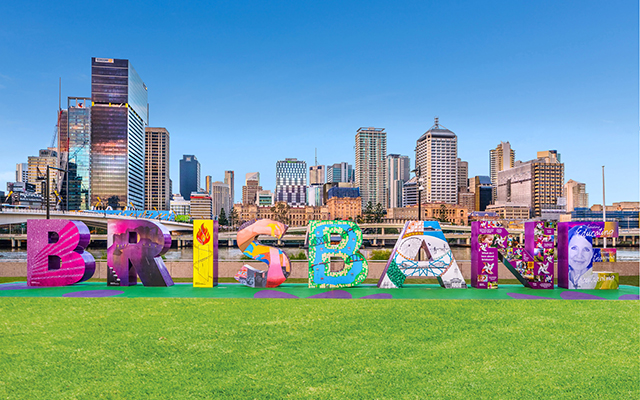Attaining the Global Geopark status has motivated stakeholders in Langkawi to prioritise conservation and sustainable development on the island
Langkawi, an archipelago of 99 islands, will undergo its fourth assessment by UNESCO appointed evaluators sometime in 2H2023.
This evaluation takes place every four years and Langkawi has to tick all the right boxes in terms of geo-conservation, sustainable development, and involvement of local communities in managing their geo-heritage resources.

Awarded the UNESCO Global Geopark status in 2007, Langkawi has successfully passed three UNESCO evaluations to date to retain the brand. Langkawi Development Authority (LADA) has also created many initiatives to educate the community about the Geopark branding.
Recalling the uphill battle in the early days of receiving the Geopark recognition to convince tourism stakeholders that the Geopark branding was the way forward, Azmil Munif Mohd Bukhari, deputy manager, tourism division at LADA, said: “Hoteliers and the travel trade had (the) preconceived notion that Geopark related only to ancient rock formations and doubted whether rock formations had enough allure to entice visitors to the island. Other islands, such as Phuket and Bali were also competing for tourists.”
LADA has developed a UNESCO Global Geopark Discovery Centre in Killim and four smaller galleries spread across the main island of Langkawi, offering visitors a better understanding of Langkawi’s complex and ancient landscapes and to explain its geological and environmental significance.
Through LADA’s recent efforts, 32 primary and secondary schools in Langkawi have set up Geopark Corners as a means of educating students on the unique geological formations and the importance of nature conservation.
Today, the branding is widely accepted by tourism stakeholders who say it is what differentiates Langkawi from other islands in the region.
Anthony Wong, owner and operator of Cottage by The Sea by Frangipani Langkawi, told TTG Asia: “The UNESCO branding is also not easy to obtain and all stakeholders in Langkawi are aware of this. We have to be on our toes with preserving and conserving nature to ensure that we continue to be revalidated every four years.”
Nigel Wong, director of Big Blue Holidays, remarked that the Geopark branding will help attract more high-yield, environmentally-conscious tourists and place Langkawi on the global map as one of the must-visit destinations in Asia.
Langkawi’s Global Geopark status has also motivated stakeholders to prioritise conservation and sustainable development on the island.
For instance, Cottage By The Sea by Frangipani Langkawi, has recently established itself as the Centre of Excellence in Sustainable Hospitality with support from LADA and UN Sustainable Development Solutions Network.

Wong has developed an efficient system to clean and convert polluted water, including sewage and waste cooking oil, into drinking water within three or four days, as well as a desalination process using special bio-engineered constructed wetland – all without requiring any energy consumption.
He is also a consultant for an ongoing water treatment project funded by the state government to treat waste water in the tourist hubs of Pantai Tengah and part of Pantai Chenang.
The Ritz-Carlton, Langkawi introduced the Sea Cucumber Reproduction Project in mid-2022, to counter over-farming which is hurting the local marine ecology, including the rise of coral bleaching. General manager, Ellen Franke, commented: “One of the growing trends we’re observing is how conscious people are about their impact on the environment and the destinations they visit.
“The Sea Cucumber Reproduction Project provides an excellent opportunity for our guests to connect with the environment, allowing them to give back while staying with us.”
To support the sustainability of these unique creatures while directly increasing local sea cucumber populations in the Andaman Sea, the resort’s in-house marine biologist provides guests with a hands-on educational experience to learn more about the asexual technique. There is also an opportunity for guests to release mature sea cucumbers out in the open sea.
Participants will also gain a better understanding of the importance of the sea cucumbers and its ecosystem.
















